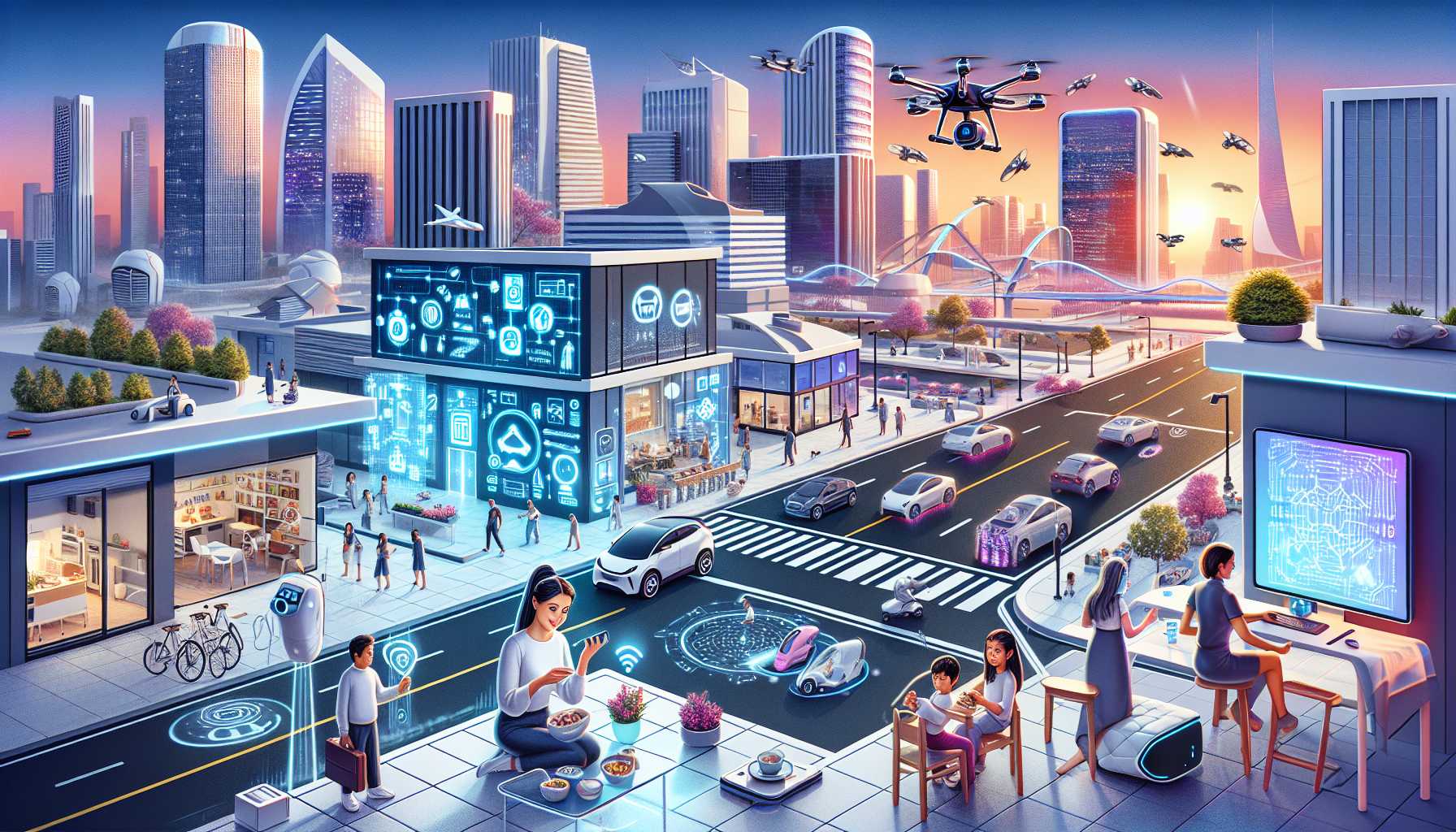Apple’s Trade-In Program: A Golden Opportunity
If you’ve been holding onto your trusty old iPhone while eyeing the shiny new iPhone 15 lineup, now might be the perfect time to make that leap. According to Bloomberg’s Mark Gurman, Apple is planning a temporary promotion starting soon that will offer higher trade-in values for older devices in the US and Canada. Though Apple hasn’t confirmed this promotion, it’s speculated to last until June 3.
Apple’s current trade-in values offer a glimpse into what you could expect. Older iPhones, like the iPhone 7, fetch around $50, whereas relatively newer models like the iPhone 14 Pro Max can yield up to $630. These values represent what you’ll get online, and while they often differ from in-store appraisals, they provide a useful ballpark figure.
The Case for Upgrading: Why Now?
To upgrade or not to upgrade, that is the question. And the answer most likely lies in how much you use your device and what you’d like it to do for you. The newer iPhone models bring a host of improvements in processing power, camera capabilities, and battery life. Not to mention, with each iOS update, newer hardware is increasingly leveraged for optimized performance and security features. Holding onto an older model might be costing you in terms of speed and the latest features.
But here’s the kicker: Apple’s rumored trade-in promotion makes this an even sweeter deal. Higher trade-in values mean a potentially lower out-of-pocket cost for upgrading to the latest technology. It’s almost as if Apple is saying, “We’ve got your back!”—making this the golden opportunity you’ve been waiting for.
Google I/O 2023: A Gemini Revelation
Shifting gears, Google’s recent developer conference, Google I/O 2023, was all about pushing the boundaries of AI with its latest brainchild, Gemini. However, if you’re a user more than a developer, the event might’ve left you scratching your head a bit. Gemini isn’t just another AI; it’s an expansive initiative planned to be integrated into every facet of Google’s products—from Android operating systems to desktop web applications. Yet, specifics were sparse.
We were teased with demonstrations of Project Astra, a fascinating glimpse into Gemini’s capabilities to interact with the physical world. But critical questions lingered: When do we use Gemini? When will it be ready to replace the current Google Assistant?
Where the Rubber Meets the Road: Practical Applications of Gemini
One of the most practical applications presented was Project Astra’s capability to assist in code improvement, which developers are likely to find incredibly useful. However, for the average user, the utility of such a feature isn’t immediately apparent. What captivated many was Gemini’s potential to track and locate objects—a helpful feature for the perpetually disorganized among us. This functionality could serve as a digital butler, keeping tabs on your belongings and enhancing day-to-day convenience.
The notion that Gemini can offer contextual responses based on visual input is profound. Imagine cooking and needing quick, contextual tips on ingredients right from your Google Assistant. Fascinating? Absolutely. Understandable for the everyday consumer? That’s where Google needs to do more heavy lifting.
Future Expectations: The Road Ahead
As a tech investor and enthusiast, I’m cautiously optimistic about the future that Google envisions with Gemini. The potential is tremendous, but the current communication has left many users in the dark. Explicit timelines and practical use-case scenarios are crucial to easing users into this new paradigm. Google I/O 2023 felt like a sales pitch without clear delivery dates, which can be frustrating for those itching to experience the next leap in tech.
If Google can answer the “When?” effectively and integrate Gemini seamlessly into its ecosystem, it could redefine AI’s role in our daily lives.
In conclusion, whether you’re contemplating upgrading your old iPhone or navigating the complexities of Google’s emerging AI, the tech landscape is rich with opportunities for enhancement and innovation. Keeping up with these shifts, understanding their practical applications, and knowing when to dive in will keep you on the cutting edge. Always stay curious, always stay excited.





